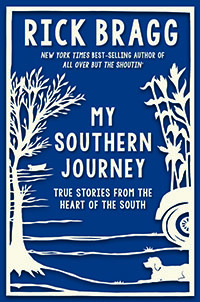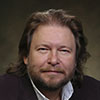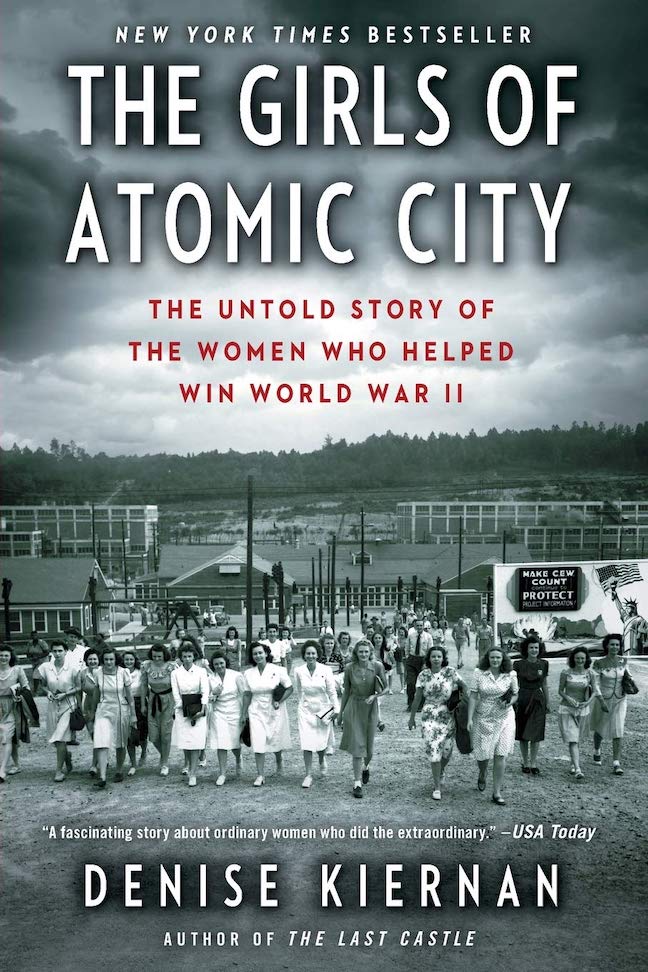Book Excerpt: Rick Bragg’s My Southern Journey
“My Brother’s Garden”
My little brother’s beard has turned gray, and his clothes hang on him like a scarecrow’s hang on crossed broom handles. From a distance, there in the rising dust of the garden, he looks like he stepped out of an old family photograph, like my uncles, like my grandfather, men who knew the secrets of the dirt. He reaches down and pinches a false bloom off a squash. I do not know how he knows it is false. When I ask him these things, he just looks at me, puzzled, and says, “I’ve always knowed.” Today, every day, his rows are straight as a needle, immaculate. You could roll a marble across his ground. I watch him stoop to pull a single, solitary weed, and then I ease away, thinking: If you know, how come I don’t?
 The South, like chiggers and divinity candy, is everlasting. It will always be, though it will not always be as we remember. The South of our childhoods rusts, peels, and goes away. Brush arbors have left no trace on it. Preachers who thrust ragged Bibles at bare rafters now shout politics from the pulpit. Civility, toward even those with whom we do not agree, is an heirloom. Quilts, the kind made for warmth instead of cash, are a thing of antiquity, their patterns a mystery slowly fading in an old woman’s eyes. Young men can play 5,000 video games but cannot sharpen a pocket knife; lost are the men who tested their truck’s electrical system by holding to a coil wire. I listen for the past, but I cannot hear it. The juke joints fall silent, cotton mills wind down to a final, solitary thread, and a last buck dancer shuffles off into the mountain mist. Then I see my brother Mark in his garden, and know that not everything must fade away.
The South, like chiggers and divinity candy, is everlasting. It will always be, though it will not always be as we remember. The South of our childhoods rusts, peels, and goes away. Brush arbors have left no trace on it. Preachers who thrust ragged Bibles at bare rafters now shout politics from the pulpit. Civility, toward even those with whom we do not agree, is an heirloom. Quilts, the kind made for warmth instead of cash, are a thing of antiquity, their patterns a mystery slowly fading in an old woman’s eyes. Young men can play 5,000 video games but cannot sharpen a pocket knife; lost are the men who tested their truck’s electrical system by holding to a coil wire. I listen for the past, but I cannot hear it. The juke joints fall silent, cotton mills wind down to a final, solitary thread, and a last buck dancer shuffles off into the mountain mist. Then I see my brother Mark in his garden, and know that not everything must fade away.
I can still see my maternal grandmother, Ava, go at a copperhead with a hoe held together with black electrical tape; it never had a chance. My paternal grandfather, Bobby, worked twelve hours milling cotton, six more with his hands in red dirt. My uncle John wore out fifteen straw hats and worked three tractors to death. Now it is Mark’s turn, to curse the drought, and the late frost, and the rocks in the earth.
Five years ago, he hacked and burned clean an acre of hedge- and weed-infested land, mixed the ashes with a prodigious amount of manure, and created an oasis in a rock-strewn mountain pasture. Now, season after season, he walks down the hill with an old, white German Shepard by his side—he named her Pretty Girl—and does battle with the things that would take it all away: a blight that appears overnight like a bad dream; and hungry insects, some he cannot even name. The old dog watches from a cool place in the dirt, and when thunder sounds in the distance she steps in front of my brother’s tractor and will not move, to tell him it is time to go in before the lightning gets there. A good dog will do that.
Because, you see, there is more than science at work here. He knows the science, the nature of the soil, how to plant—how far apart, how deep—and the hybrids and histories of seeds. But there is also magic—what some folks call folklore—that must be considered, like the singing of frogs, the stages of the moon. Most, I will never understand. For some reason, he named his tractors after family. The one called Ricky is slow to start, has a bad running gear, and its seat has no padding.
People here say they have never seen a more beautiful garden, of peppers, onions, potatoes, squash. His tomatoes line our mama’s windowsills. The canning process takes all summer and much of the fall, her house thick with the smell of vinegar and dill. I forget how pretty a jar of hot peppers can be.
But I guess everyone here has a Mark. Look behind the redbrick ranchers or frame houses or mobile homes and you will see a patch of turned dirt. In it, staring down as if they can divine the future, will be a Southern woman or man. When all else is torn down, or new, this is how I’ll know where I am.

Copyright (c) 2015 by Rick Bragg. All rights reserved. Bragg is the author of three bestselling books: Ava’s Man, All Over but the Shoutin’, and The Prince of Frogtown. As a feature writer for The New York Times, he won a Pulitzer Prize in 1996. He divides his time between New Orleans and his native Alabama.


